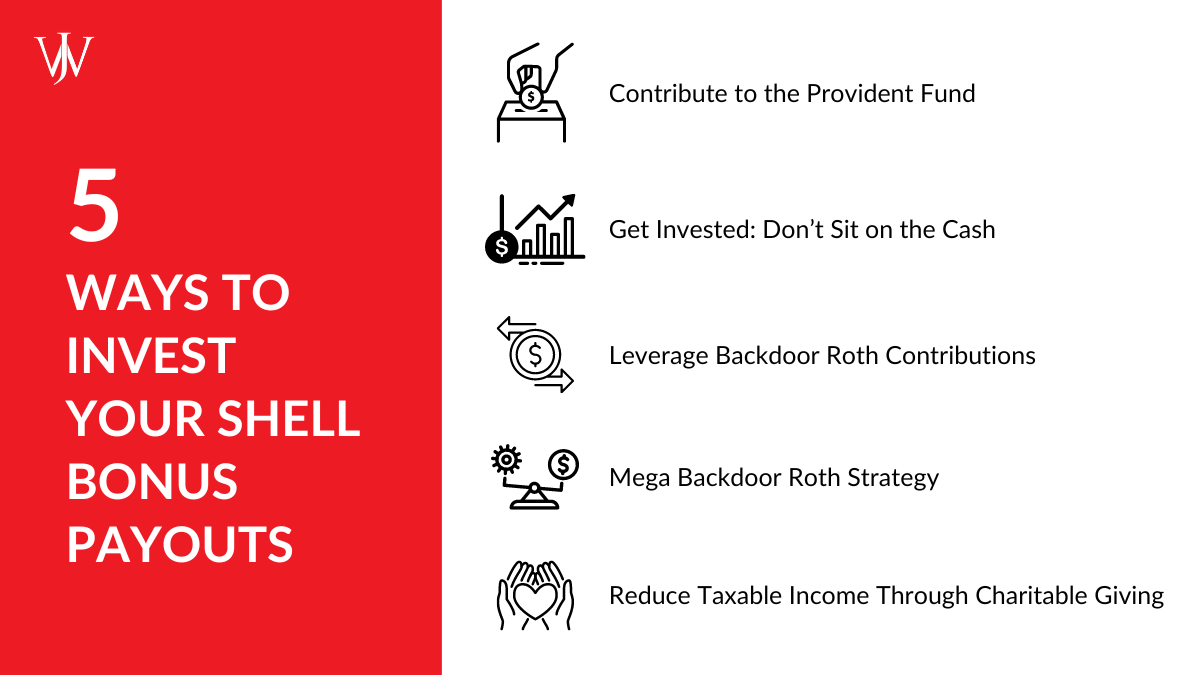Featured Post:

5 Ways to Get More From Your Shell Bonus This Year
Bonus season is finally here! From dream vacations to visions of paying off expenses, your hard-earned bonus holds exciting potential. For Shell super-savers seeking to make the most of their bonus,...
5 Ways to Get More From Your Shell Bonus This Year
by Brandon Young, CFP®
February 27, 2026
5 Opportunities for Your BP Annual Cash Bonus
by John Siegel, CFP®, EA
February 27, 2026
How to Use Cash Reserves as an Emergency Fund for Retirement
by Sarah Sikorski, CPA, CFP®
February 13, 2026
Shell GESPP: Everything You Need to Know about The Shell Shares Plan
by Nick Johnson, CFA®, CFP®
February 05, 2026
How the Pro-Rata Rule Impacts Your Backdoor Roth Contributions
by Sarah Sikorski, CPA, CFP®
January 23, 2026
What to Consider Before Accepting a Severance Package From Shell
by Alexis Long, MBA, CFP®
January 21, 2026
How to Strategically Set Your Retirement Date from Shell Oil
by Nick Johnson, CFA®, CFP®
January 21, 2026
How To Use Company Stock, a 401(k) & Net Unrealized Appreciation for Tax Savings
by Alexis Long, MBA, CFP®
January 21, 2026
80 Point & APF: What’s the Difference Between the Shell Pensions
by Alexis Long, MBA, CFP®
January 21, 2026
Asset Allocation: The Key Component For Your Investment Strategy
by Alexis Long, MBA, CFP®
January 21, 2026




